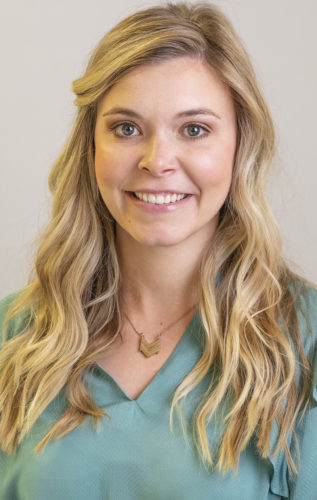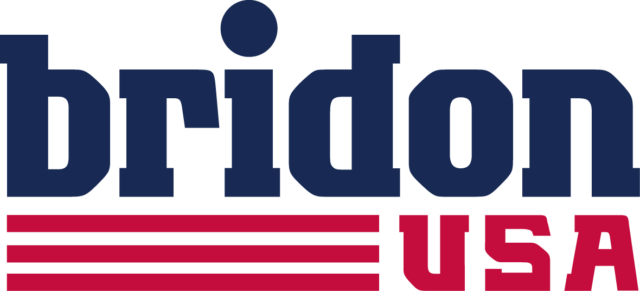At the Nebraska Grazing Conference held this summer, three producer panelists took down their guard and shared their route to succession – bumps and all – in hopes to inspire others to get started and hopefully share a few nuggets of information they learned along the way.
Lynn Myers of Lewellen, Nebraska, is the fifth generation to run his wife’s family’s century-old operation nestled in the Sandhills. Myers is currently in the process of transitioning management to his daughter and son-in-law who have returned after a long stint in other careers.
Brock Terrell bought into his family’s diversified operation located near Hay Springs, Nebraska, about five years ago. He is a young producer who is in the midst of starting his family and his career.
Mike Wintz is the third generation to run his wife’s family’s ranch just south of Bingham, Nebraska. His transition consisted of cattle and machinery as all of the land is leased from absentee owners. His in-laws have since passed and the transition process is completed.
Below are some highlights from their discussion:
Q. What do you do to foster good communication among family members or landowners?
MYERS: My son-in-law is kind of a silent partner and probably always will be. We try to have a discussion almost every day. We might spend 30 minutes to an hour just discussing things we might see down the road or that we’ll want to work on in the next couple of weeks. Sometimes we get lax at it, but you have to communicate.
Q. What did your transition plan entail?
TERRELL: Our buy-in was for a percentage of the business, so pretty much a share. But in hindsight, I don’t know if that was a great idea because we need X amount of money every year to go to the bank and pay our buy-in note. Where my dad owns twice the amount I do, if I take out $50,000, he has to take out $100,000. He doesn’t want $100,000, so he’s like, ‘Leave it in the business,’ while I need my money to take to the bank and pay my note.
WINTZ: We did an appraisal on the machinery and we leased the cows by the head, and over the years as we could, we’d pay for the machinery. It took about 10 years for us to get my father-in-law out of the cow business. I kept about every heifer I could and culled his cows as they became of age or dry. The machinery was basically our inheritance since there wasn’t any real estate with the transition.
MYERS: We have an operating partnership, and our kids own part of the shares of that.
Q. Would you do anything different?
TERRELL: Maybe we should’ve started a sub business underneath the existing business that we were 100 percent owners of because our needs are different than my parents’ needs. We are in our 30s and starting our family, while my parents are in their mid-60s and kind of have things set up. So maybe if we could have our own business that is maybe a better cash-generating enterprise, compared to this big, old business that has matured with the past owners. We need cash, not assets.
Q. Who are the professionals that worked with your families to put together a succession plan?
MYERS: We had a really good lawyer. We basically went to him with what we wanted, and he fine-tuned it a bit.
TERRELL: There isn’t a lot of real estate to our business because we lease a lot of land. My folks used state lawyers, bankers and CPAs to figure out how to transition that stuff over.
WINTZ: Probably our biggest help was our banker. He helped tighten the reigns and kept me from overextending on our loans.
Q. What advice would you give other families based on your experience?
WINTZ: My advice would be to ask questions. When we first started, I asked my father-in-law some pretty stupid questions that he probably shook his head at. I also asked the two ranchers I had previously worked for, so I would recommend if you have someone out there that you can pick their brain, try to pick it as much as you can.
TERRELL: Maybe if I started over, I would ask my family, ‘What is your expectation?’ Or, ‘Why do you want me in your business?’ I guess that way there would be more of a defined goal of what my job is and when and how long the transition is going to be.
MYERS: The younger generation needs some opportunity to flap their wings and let them fly a little bit. Back up and let them have that chance. Experiences are the best teacher they can get. If I am away, they know they have to make the decisions, but they always know they can call if they need me. Trust them enough that they’ll make the mistake and not make it a second time. ![]()

-
Cassidy Woolsey
- Editor
- Progressive Cattleman
- Email Cassidy Woolsey









